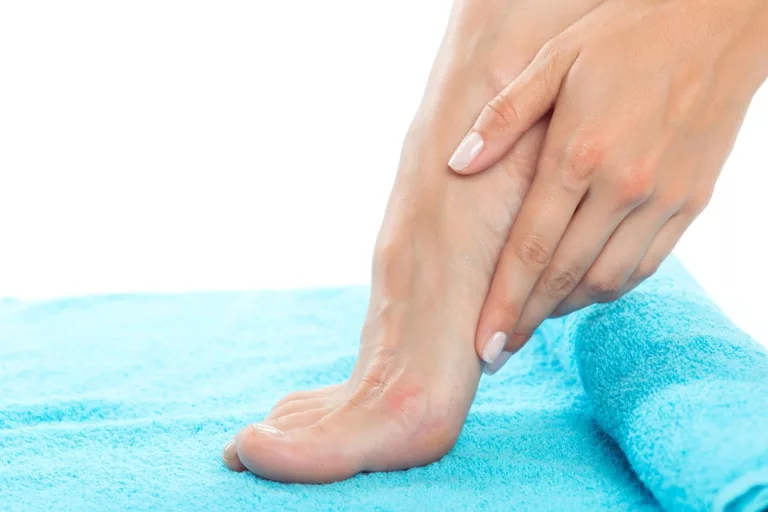Obesity Feet and Treatment: The prevalence of weight problems in America is hiking to unparalleled tiers, with about one-0.33 of the U.S. Population now grappling with a frame mass index (BMI) exceeding 30, placing them within the obese class. This no longer best increases well-known health worries but has also been connected to a collection of foot illnesses. Empirical evidence supports the connection between a rising BMI and an amplified incidence of foot-related issues, such as arthritis, tendonitis, and persistent heel discomfort. Furthermore, obesity is a significant factor in the development of type II diabetes.
The Impact of Excess Weight on Your Lower Extremities and Joint Pressure
The impact of excess weight on the lower extremities is noteworthy. Merely carrying an additional pound beyond one’s optimal weight can translate to an extra eight pounds of pressure on the joints of the hips, knees, and ankles. Actions as mundane as ascending stairs or walking up a slope can impose pressure on the ankle that multiplies four to sixfold.
Mitigating Foot Pain: The Role of Weight Loss and Surgery
To mitigate foot pain, weight management must be considered a priority. Foot and ankle surgeons can play a pivotal role in a patient’s weight loss journey. In instances where obesity is severe, surgical interventions such as gastric banding or bypass surgery may be suggested. However, such procedures typically require substantial pre-surgical weight reduction, often in the realm of 40 to over 100 pounds.
Overcoming Foot Pain: Lifestyle Changes and Support for Weight Loss
Beyond surgical options, lifestyle changes are critical, particularly in the realms of diet and physical activity. Walking is a highly recommended form of exercise, though it may prove challenging for individuals experiencing foot pain. To support patients in overcoming these hurdles and persisting with their weight loss endeavors. A foot and ankle surgeon can offer guidance on choosing the right footwear, executing beneficial stretches, and, if necessary, using orthotics to alleviate discomfort and promote continued mobility.




